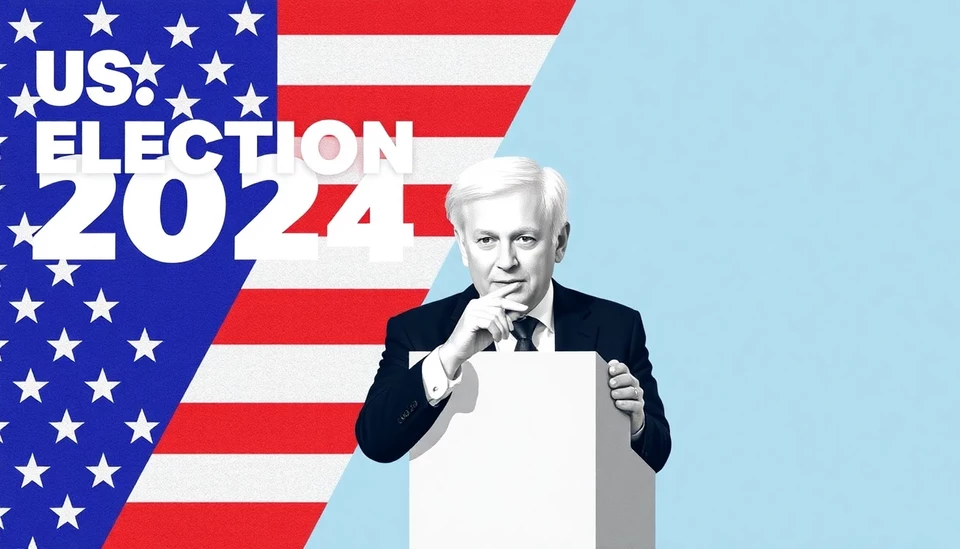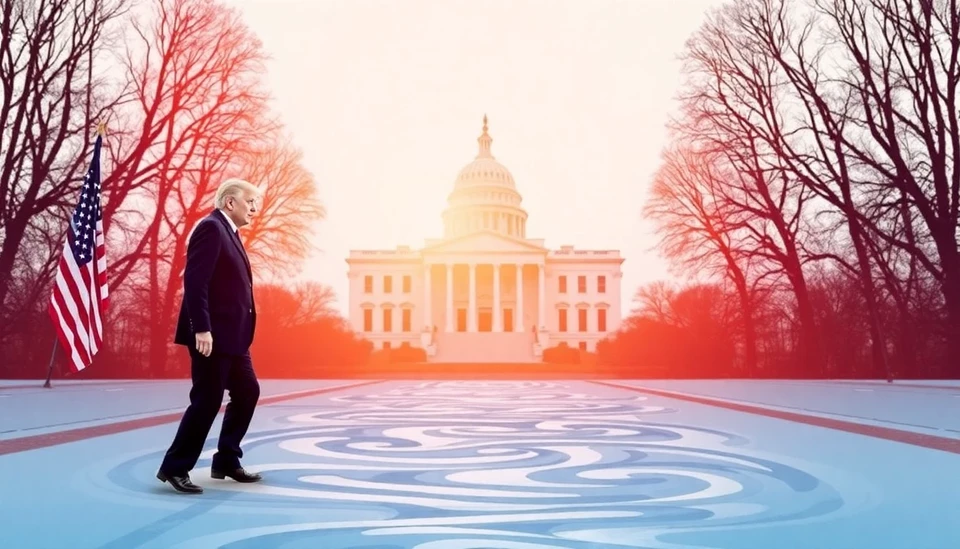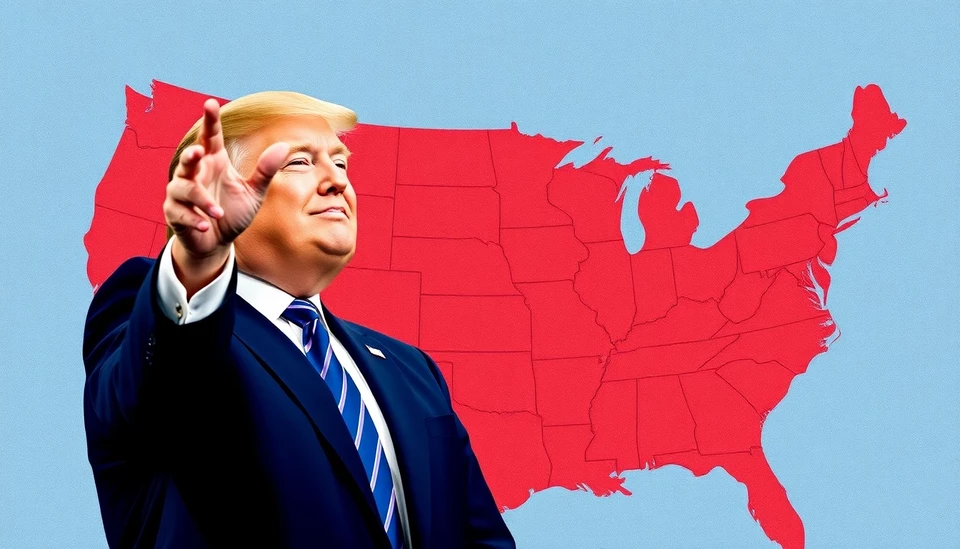
The upcoming 2024 United States presidential election is shaping up to be one of the most economically impactful in recent history, with a host of pressing issues on the table that could significantly alter the nation's fiscal landscape. As candidates gear up for their campaigns, the intersection of tariffs, electric vehicle (EV) policies, and taxation will be key areas of focus, each carrying substantial implications for both American families and businesses.
As the nation grapples with inflation and economic recovery post-pandemic, the candidates’ positions on these economic issues are expected to resonate deeply with voters. The backdrop of escalating global competition, especially from China, adds another layer of urgency to the conversation around tariffs. Candidates will likely define their platforms not just on making economic promises but on how they will navigate these complex international relations that impact domestic industries.
In particular, the revival of tariffs, especially on Chinese goods, remains a hot-button issue. During the previous administration, tariffs were enacted ostensibly to protect American jobs and industries. However, critics argue that they led to higher prices for consumers and strained relations with key trade partners. As such, how each candidate proposes to manage or modify these tariffs will be scrutinized heavily. Furthermore, the economic impact of these tariffs could play a pivotal role in swing states where manufacturing jobs are a significant concern.
Transitioning to electric vehicles also presents a critical economic dialogue in the lead-up to the election. With the Biden administration pushing for a broader adoption of EVs to combat climate change, candidates will need to address how this shift can create jobs, boost the economy, and work towards energy independence. The EV market is expected to grow exponentially, prompting a debate on the role of government incentives versus private sector innovation. How candidates propose to balance environmental policies with economic opportunities will likely influence voter sentiments across diverse demographics.
Furthermore, taxation remains a perennial topic that candidates will need to tackle. The balance between taxation rates, particularly for corporations and wealthy individuals, and the necessity for funding social programs will be a central theme. The tax policy proposals put forth by candidates will not only affect the economy at large but will directly touch the lives of everyday Americans. How to allocate federal spending, manage public debt, and stimulate economic growth without overburdening taxpayers will be critical discussions throughout the campaign.
Each of these economic areas—tariffs, electric vehicles, and taxation—intertwine, creating a complex web of challenges that candidates will have to navigate. As the election draws nearer, it remains to be seen how these topics will shape voter priorities and influence the election outcome. Voter education and engagement on these economic issues could be the deciding factor in who occupies the White House in 2024.
Ultimately, as the electorate prepares to head to the polls, it will be crucial to consider how the candidates’ economic policies align with their values and the realities of the current economic landscape. The stakes are undeniably high, and the outcomes from these policies will resonate for years to come.
#USElection2024 #Economy #Tariffs #ElectricVehicles #Taxation #PoliticalCampaigns #USPolitics
Author: Rachel Greene




